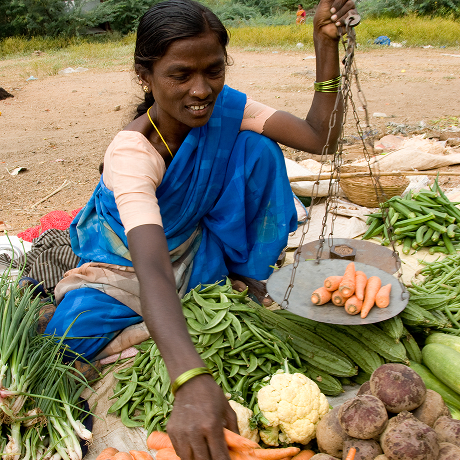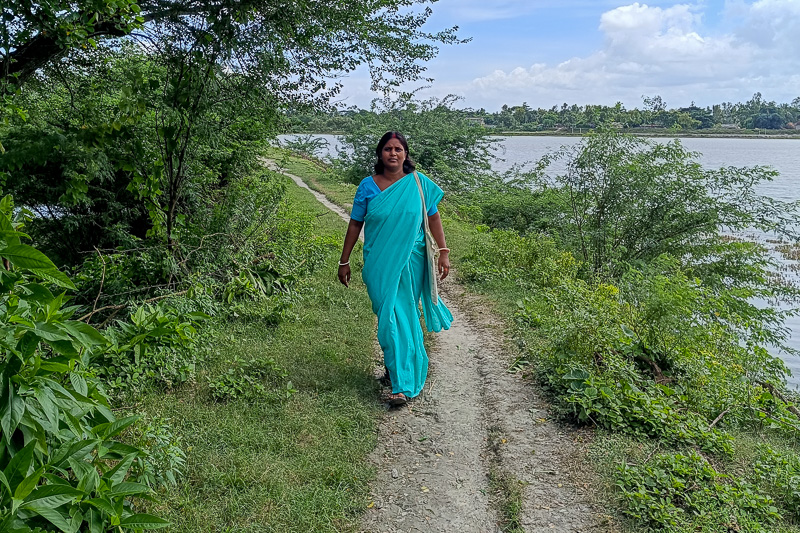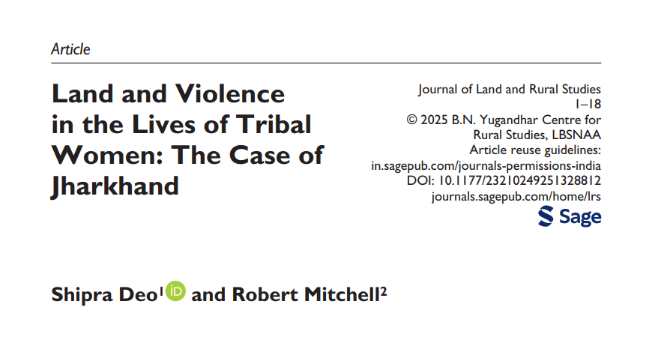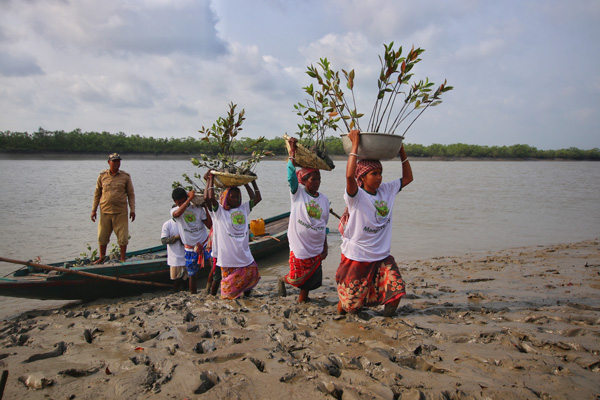India
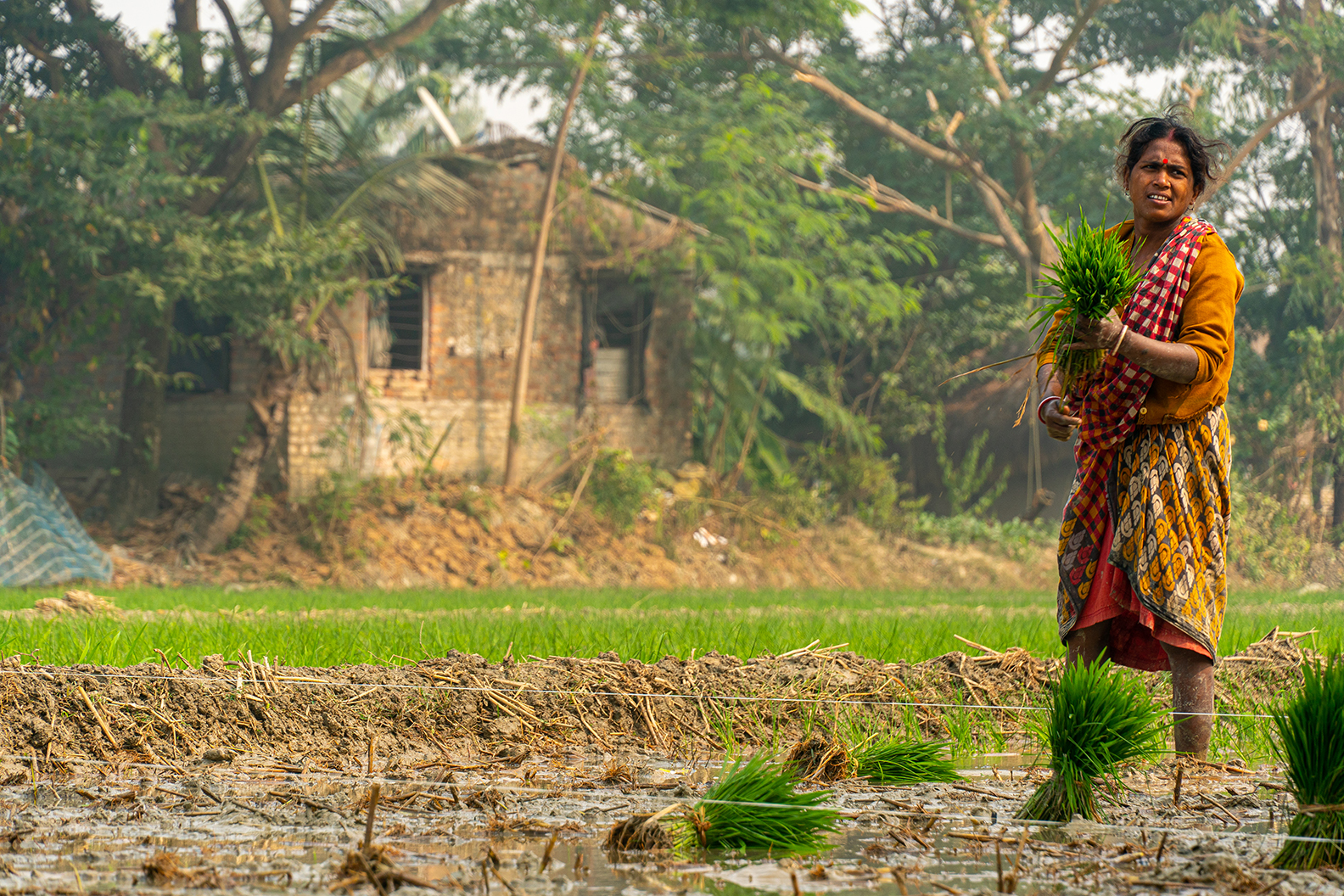
In India, landlessness is a better predictor of poverty than illiteracy or membership of a Scheduled Caste.
Since 2000, Landesa has engaged in catalytic work to ensure all women and men living in India’s rural areas have secure rights to the land they depend on. These rights enable families to make investments in their land and offer shelter and resilience from climate shocks. And in a country where 70 percent of women work in agriculture but less than 14 percent have legal rights to agricultural land, Landesa’s gender-transformative approach helps equip India’s women farmers with the power to improve their lives.
Working through trusted partners in India, Landesa drives progress on land rights from the national to local levels, engaging in systems change work with the potential to strengthen land rights for millions.
At the national level, Landesa works closely with policymakers to advocate for stronger land rights through research, policy recommendations, and implementation support. At the state level, Landesa builds the capacity of land administration officials to implement more equitable processes, such as including women’s names on land titles. And within communities, Landesa partners with civil society on land literacy trainings to build awareness of women’s rights to land.
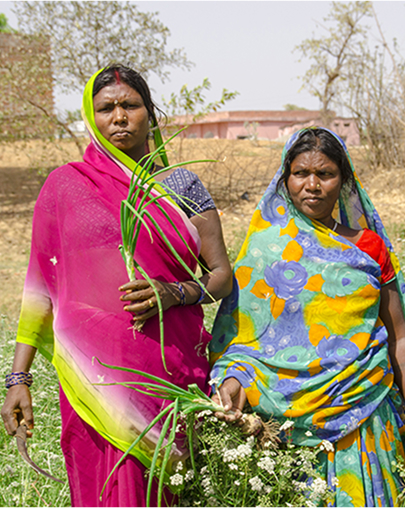
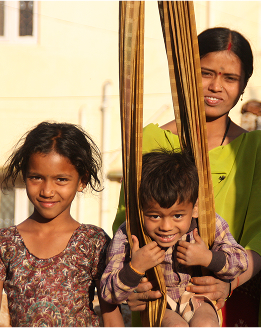
Our work
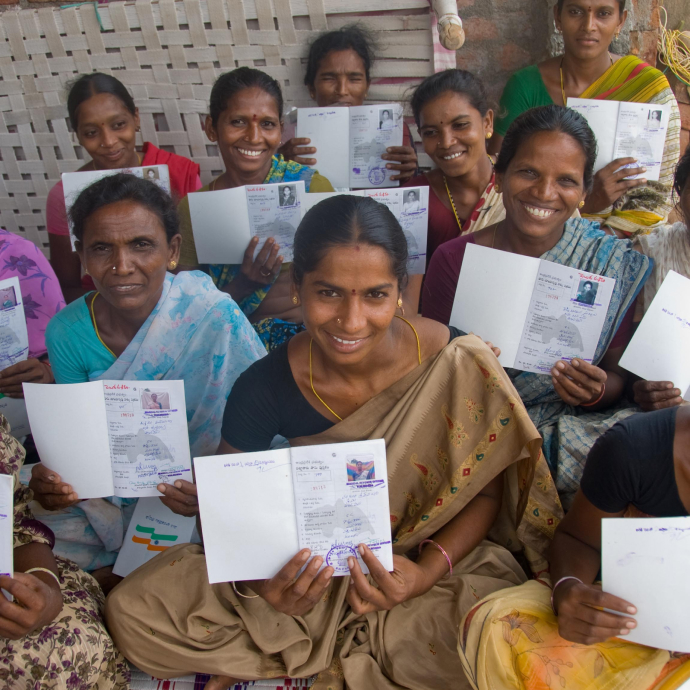
Women’s Land Literacy
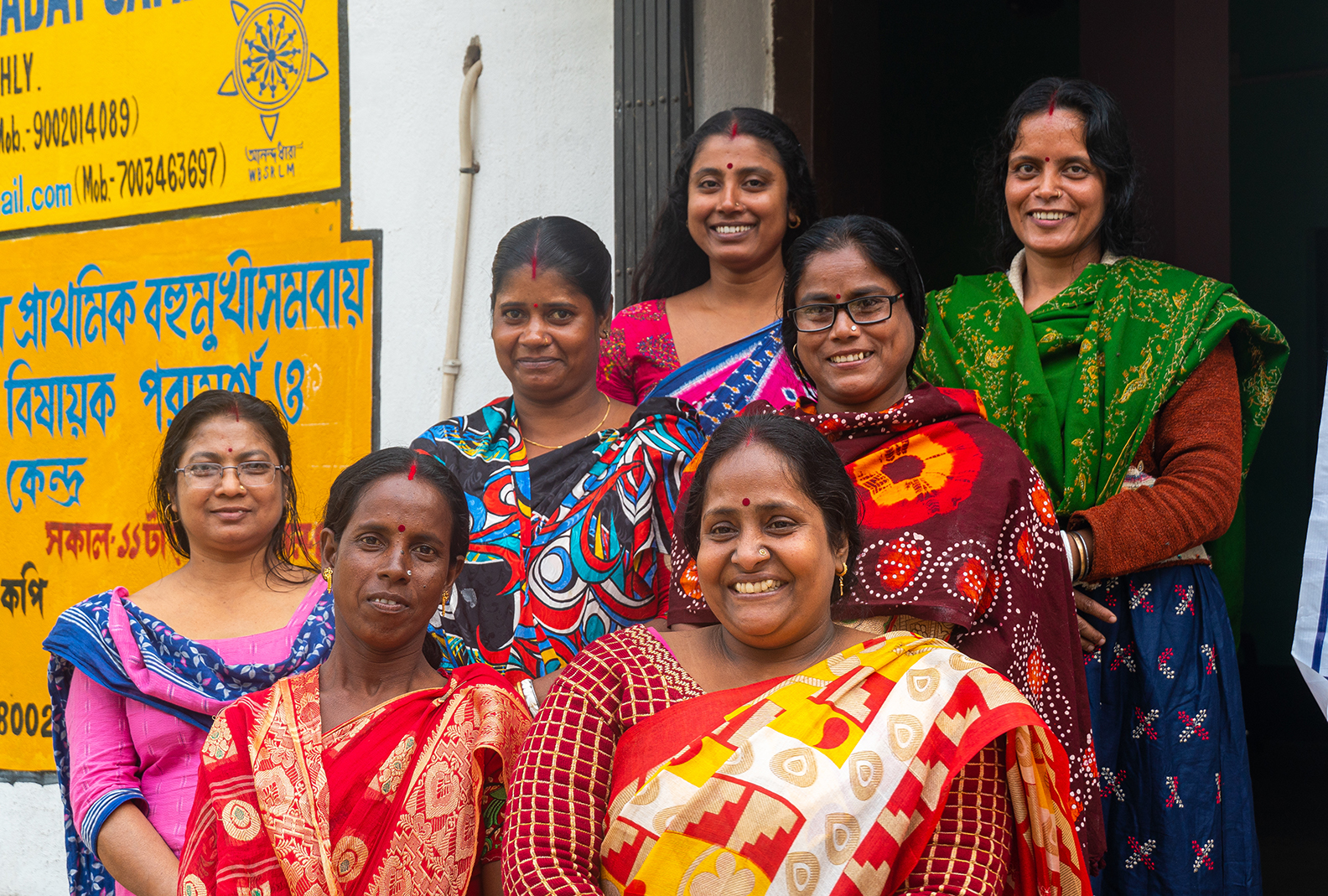
Sangha Facilitation Centers
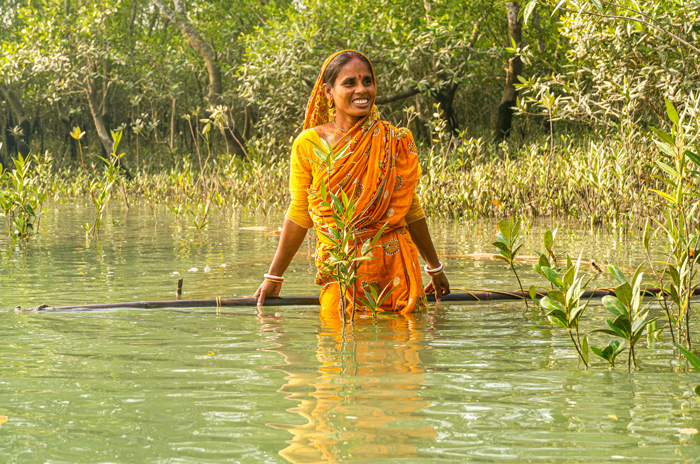
Coastal Livelihoods and Mangroves Project
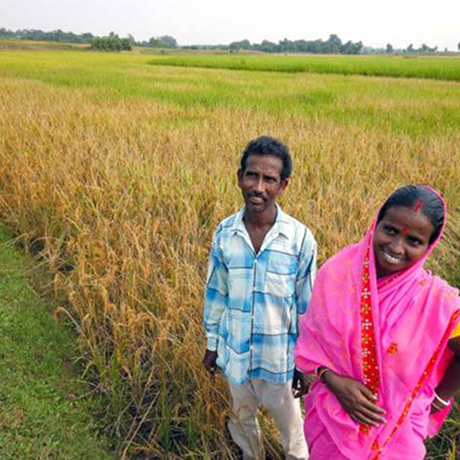
Renewable Energy Initiative
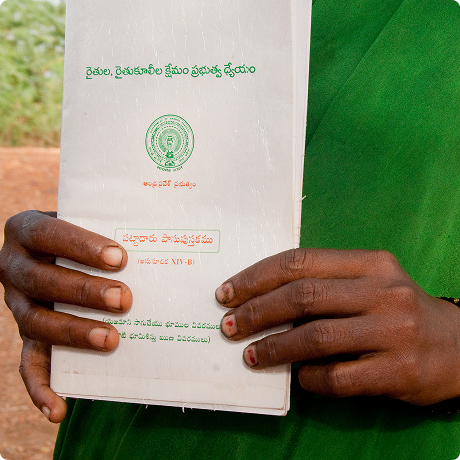
Strengthening Land Rights of Tribal Women
